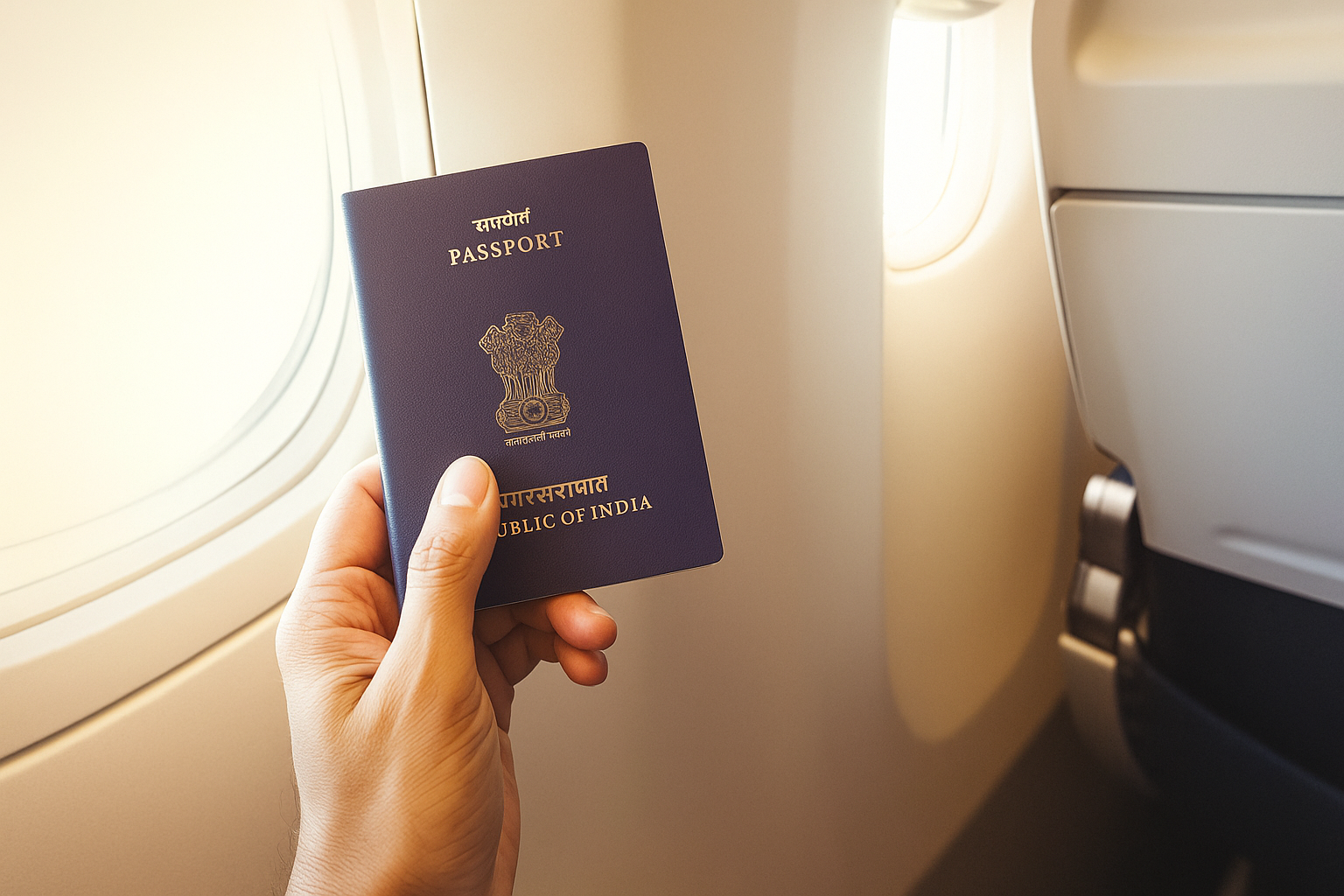



The Passport Seva Portal, a partnership between the Ministry of External Affairs and TCS, offers a streamlined online system for passport applications, renewals, and related services. It aims for an efficient and transparent process through a network of Passport Seva Kendras. Recently, the portal experienced significant server issues, disrupting services nationwide.

Copyright infringement not intended
Picture Courtesy: ECONOMICTIMES
The Passport Seva Portal experienced major server outages that crippled operations at Passport Seva Kendras (PSKs) across India.
It was launched in May 2010 by the Ministry of External Affairs (MEA), to revamp the decades-old passport issuance system.
The core objective is to provide passport services in a comfortable, reliable, and streamlined environment.
Nationwide Network => The project established a network of Passport Seva Kendras (PSKs) across the country, which act as extensions of the Regional Passport Offices. It also includes a central Data Centre, a Disaster Recovery Centre, and a multilingual call center.
Integrated System => It created a centralized and computerized system that integrates all passport offices, Indian missions and posts abroad, and key external stakeholders like the State Police (for verification) and India Post (for delivery).
Public-Private Partnership (PPP) Model => The project is a collaboration between the Ministry of External Affairs (MEA) and Tata Consultancy Services (TCS).
The portal allows users to perform a wide range of functions:
User-Friendly Process => While most steps can be completed online, the process requires a physical visit to a PSK for which an appointment must be booked through the portal. The portal provides all necessary information regarding required documents and procedures.
Must Read Articles:
INDIA'S NEW BIOMETRIC E-PASSPORTS
DIPLOMATIC PASSPORT PRIVILEGE EXEMPTS VISA REQUIREMENT
Source:
|
PRACTICE QUESTION Q. Which landmark Supreme Court case is most famously associated with establishing the 'right to travel abroad' as a fundamental right that requires a fair procedure for restriction? A. Kesavananda Bharati v/s State of Kerala B. Maneka Gandhi v/s Union of India C. A.K. Gopalan v/s State of Madras D. Golaknath v/s State of Punjab Answer: B Explanation: The Supreme Court, in the case of Maneka Gandhi v/s Union of India (1978), ruled that the term "personal liberty" in Article 21 is a concept with a very wide scope. The court held that this liberty includes the right to go abroad and that a person cannot be deprived of this right except through a "procedure established by law" which must be fair, just, and reasonable. |




© 2026 iasgyan. All right reserved